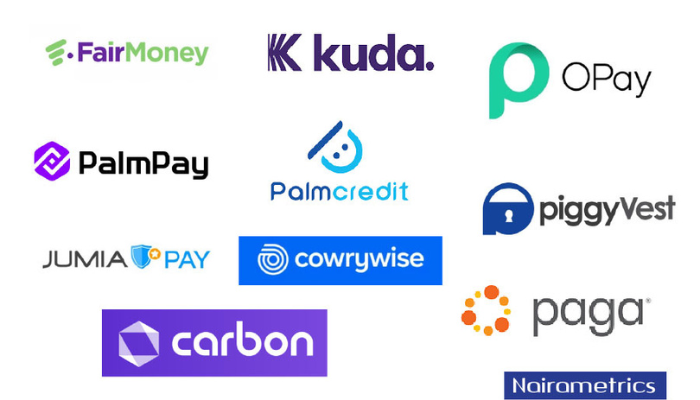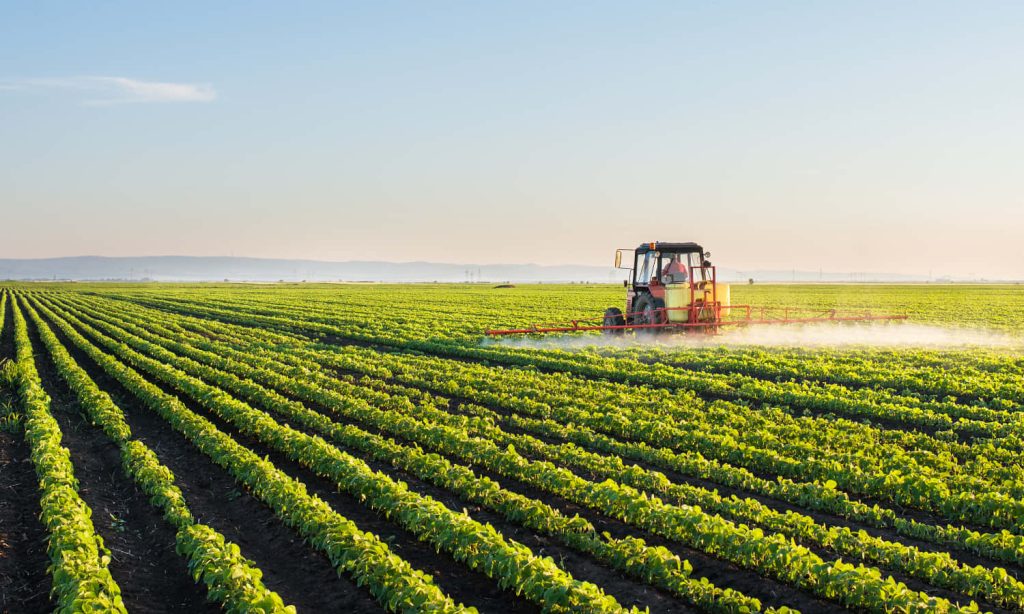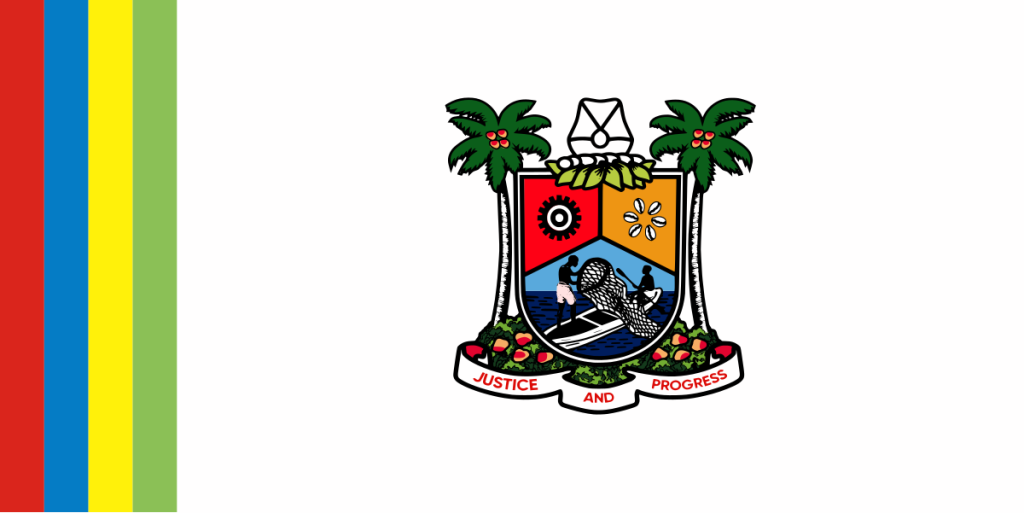FINTECH – NIGERIA
Nigeria’s fintech sector in 2025 is experiencing significant growth, driven by technological innovation, increased investment, and evolving regulatory frameworks. Fintech Growth and Investment Nigeria’s fintech industry has seen remarkable expansion, with over 430 fintech companies operating as of February 2025. In 2024 alone, the sector processed more than 108 billion mobile money transactions worth $1.68 trillion, marking a 20% increase from the previous year. This growth is fueled by widespread smartphone adoption, projected to surpass 140 million users by the end of 2025, and an 87% mobile penetration rate. Notably, Moniepoint, a digital payment and banking platform, achieved unicorn status in 2024 after raising $110 million from investors including Google’s Africa Investment Fund. This funding will support its expansion across Africa. Innovations in Payment Systems AfriGo Pay Launched by the Central Bank of Nigeria (CBN) in January 2023, AfriGo Pay is Africa’s first national domestic card scheme. It aims to enhance the cashless economy and promote financial inclusion by offering affordable debit, credit, prepaid, and virtual cards. AfriGo ensures that transaction fees are settled in naira, reducing reliance on foreign exchange and retaining data within Nigeria. Biometric and Contactless Payments Fintech companies are increasingly adopting biometric authentication methods, such as facial and fingerprint recognition, to enhance security and user experience. This shift is driven by consumer demand for speed and convenience, as well as the high cost of traditional point-of-sale terminals. Regulatory Developments Investment and Securities Act (ISA) 2025 In March 2025, Nigeria enacted the ISA 2025, which formally recognizes virtual and digital assets, including cryptocurrencies and tokens, as securities under the Securities and Exchange Commission’s (SEC) jurisdiction. This legislation mandates that Virtual Asset Service Providers (VASPs) register with the SEC, bringing more structure to digital asset transactions. Crypto Regulation and Enforcement The Nigerian government has intensified its oversight of cryptocurrency activities. In 2024, authorities detained two Binance executives and, in 2025, filed a lawsuit against the exchange, seeking $81.5 billion in compensation for alleged economic losses and back taxes. The government accuses Binance of facilitating unregulated naira trading, contributing to currency instability. Consumer Behavior and Financial Inclusion A recent survey reveals that Nigerians often use multiple financial apps simultaneously but still face challenges in establishing consistent saving habits. Users express a desire for financial tools that offer automation, budgeting assistance, and personalized insights. Fintech companies are responding by developing more intuitive and user-friendly platforms . Upcoming Fintech Events: Fintech Revolution Summit Nigeria 2025: Scheduled for June 24–25 in Lagos, this summit will focus on redefining financial innovation in Nigeria’s fintech sector . Nigeria Fintech Week 2025: Entering its eighth edition, this event will bring together key players shaping the future of financial technology in Nigeria. Recent Developments in Nigeria’s Fintech Sector Financial Times The ranking: Africa’s Fastest-Growing Companies 2025 Reuters Google among investors putting $110 million into Nigeria’s Moniepoint LAGOS, Oct 29 (Reuters) – Nigeria based fintech Moniepoint has raised $110 million in new funding from investors including Google to scale up digital payments and banking solutions across Africa, the company said on Tuesday. Moniepoint started operations in 2015 providing infrastructure and payment solutions for banks and financial institutions but has grown to also offer personal banking services. The Technology Roundup newsletter brings the latest news and trends straight to your inbox. The latest funding round was supported by existing investors London-based Development Partners International and private equity firm Lightrock. Google’s Africa Investment Fund and Verod Capital came in as new investors. Sources close to the transaction said the new funding valued Moniepoint above $1 billion, giving it “unicorn” status – a term for tech firms with a valuation of a billion dollars or more. The new capital would be used to speed up Moniepoint’s growth across Africa and build an integrated platform for businesses. “This platform will include services such as digital payments, banking, foreign exchange (FX), credit, and business management tools, making it a one-stop shop for business solutions,” Moniepoint said. Nigeria is the fastest growing fintech market in Africa, driven by its more than 200 million people, many who still lack access to financial services like banking. The latest funding round was supported by existing investors London-based Development Partners International and private equity firm Lightrock. Google’s Africa Investment Fund and Verod Capital came in as new investors. Sources close to the transaction said the new funding valued Moniepoint above $1 billion, giving it “unicorn” status – a term for tech firms with a valuation of a billion dollars or more. The new capital would be used to speed up Moniepoint’s growth across Africa and build an integrated platform for businesses. “This platform will include services such as digital payments, banking, foreign exchange (FX), credit, and business management tools, making it a one-stop shop for business solutions,” Moniepoint said. Nigeria is the fastest growing fintech market in Africa, driven by its more than 200 million people, many who still lack access to financial services like banking. Bottom of Form





